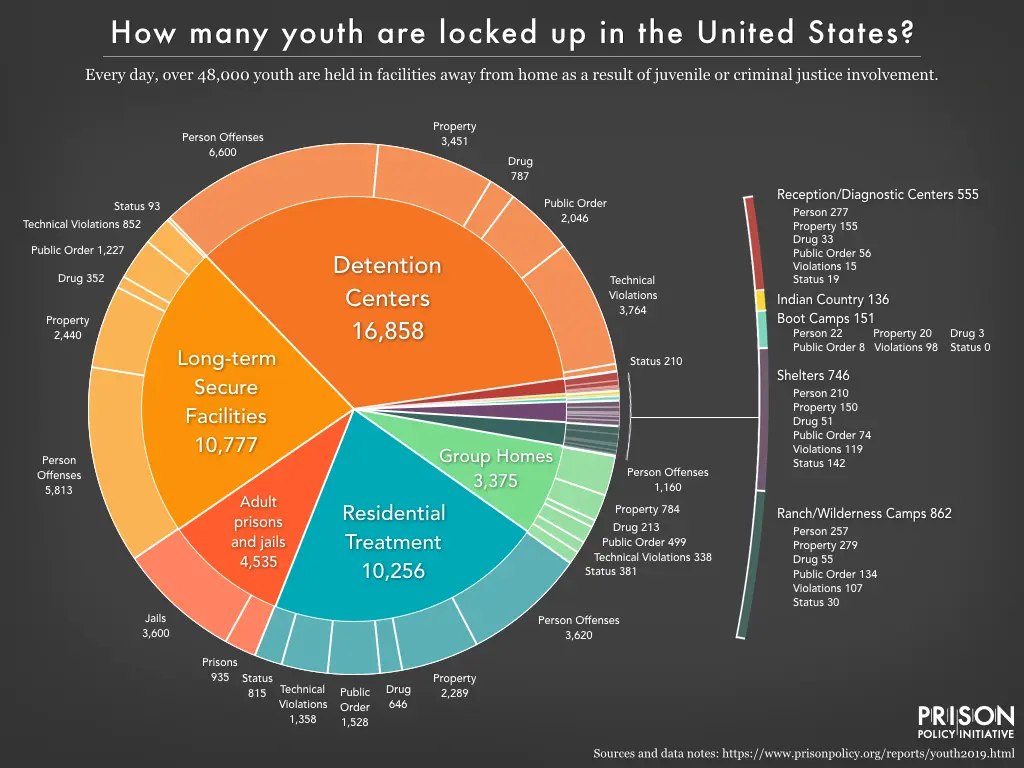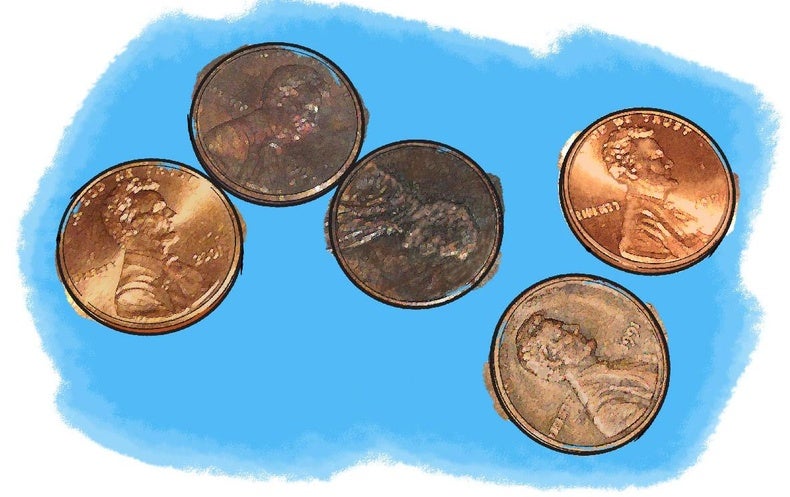Youth that are able to learn can grow a Community
Courts and Laws with Youth
In the article it started off by talking about courts and laws that affect juveniles. I decided to go do some research to see if I can find out more information about laws that affect juveniles in different states. Some states, like stated in the article, try juveniles as adults as young as 14. One state I found online, tried juveniles as young as 12 years old as adults. This to me is so hard to believe considering we have science paste evidence that shows children's brains aren't developed till sometimes over the age of 18. How can youth make the right decisions and learn from their mistakes if their brain is not fully developed yet?
Then when reading some of the laws that were created for juveniles specifically it made me think how that lot even came into effect. Many of the laws that are written for juveniles have a lot of gray areas. It seemed to me that the judge could weigh in very heavily on which way the verdicts went for the juvenile. The judge is able to make the decision on where the juvenile will be placed or what would be the sentence or punishment for those juveniles.
When reading, some states used restorative justice methods to help implement the law they had to. Other states had stricter laws and did not have any restorative justice methods to help juveniles get back on track or learn from their mistakes. These “juveniles” just made a mistake that needs to learn from it. Everyone makes mistakes and learning how it affects them and others around them is so much more important. We know that the Juvenile systems and prisons in the United States are not working for people. Incarceration is not something that stops someone from doing something again. If a juvenile is convicted they are more likely to end up in prison or back in juvie. This shows that it's not fixing anything and knowing what is learning anything. It's just our easy way of putting people behind bars and showing people how they can be doing community-based projects and service learning projects to help them be better citizens in their own communities.
Service Learning Projects



Thanks for your post Ashly and for digging in to some of the ways young people are impacted by the criminal-legal system. I'm thinking about how a SJYD program might engage youth with some of the research and questions that you pose here--exploring the school to prison pipeline; the disproportionate impact on BIPOC youth; the longterm disenfranchisement of parole/ criminal records. Perhaps the ways that judicial discretion plays out against race and class?
ReplyDeleteLove all these examples. The school to prison pipeline makes me sick. I love the video you included.
ReplyDeleteReally appreciated your info-graphics as another way to digest the information included in this article!
ReplyDelete